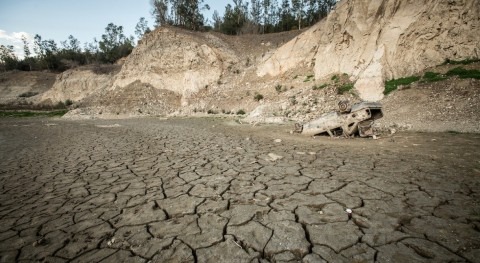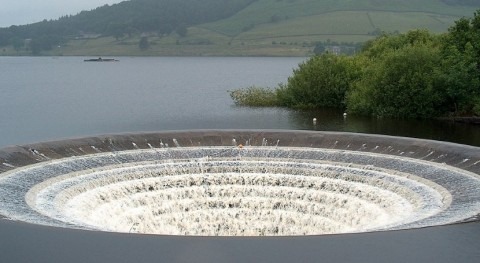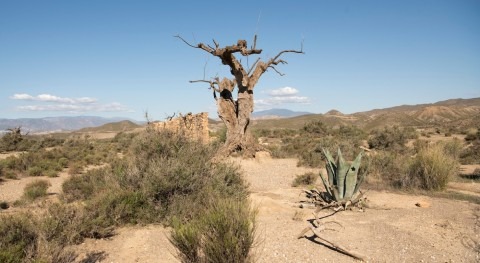President Donald Trump has nominated Ted Cooke, a seasoned Arizona water official, to take the helm of the U.S. Bureau of Reclamation, a key agency responsible for managing the West's water resources, reports E&E News by Politico.
Cooke, a veteran of the Central Arizona Project (CAP), has been tapped for the position just as the seven states sharing the drought-stricken Colorado River are locked in tense negotiations over a long-term operating plan for the vital waterway.
Trump submitted Cooke's nomination to Congress on Monday, setting the stage for a confirmation process in the Senate. If confirmed, Cooke would replace the current Commissioner, who took office after Cooke's tenure at CAP ended in 2022.
In addition to its role in water distribution, the Bureau generates hydroelectricity through its dams, which provide power to millions of people
Cooke’s extensive experience managing Arizona’s largest water delivery system, which serves Maricopa, Pinal, and Pima counties by channeling Colorado River water, makes him uniquely qualified for the role. As General Manager of the Central Arizona Project from 2015 to 2022, Cooke gained intimate knowledge of the entire Colorado River basin and the challenges it faces due to an ongoing, decades-long drought. Arizona, in particular, has suffered severe reductions in its water allocations, and the negotiations over how to share the dwindling resources have become increasingly critical.
The Bureau of Reclamation plays a central role in managing water resources across the West, overseeing large-scale projects such as the Glen Canyon Dam, which influences both water supplies and the environment in the Grand Canyon National Park. The agency also provides water to 140,000 farmers, irrigating 10 million acres of land that produce 60% of the nation’s vegetables and a quarter of its fresh fruits and nuts.
In addition to its role in water distribution, the Bureau generates hydroelectricity through its dams, which provide power to millions of people. The future of the Colorado River and its water management has become increasingly urgent, as climate change accelerates the impacts of drought and intensifies competition for resources.



















